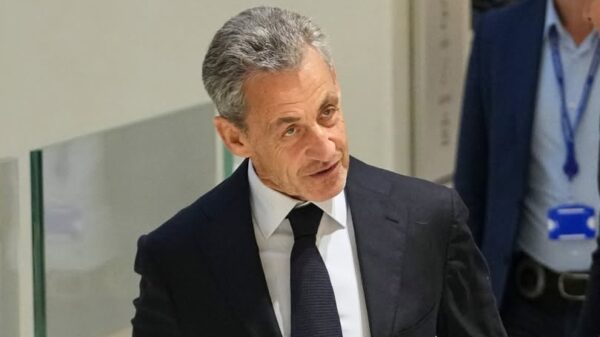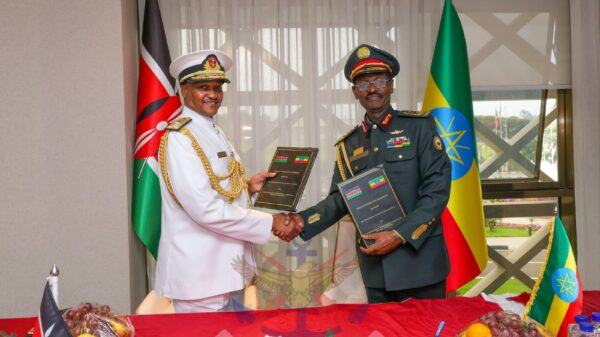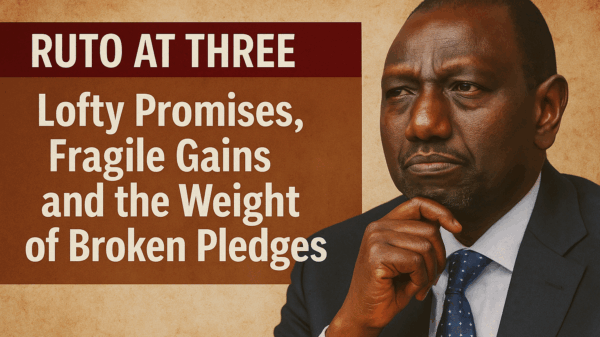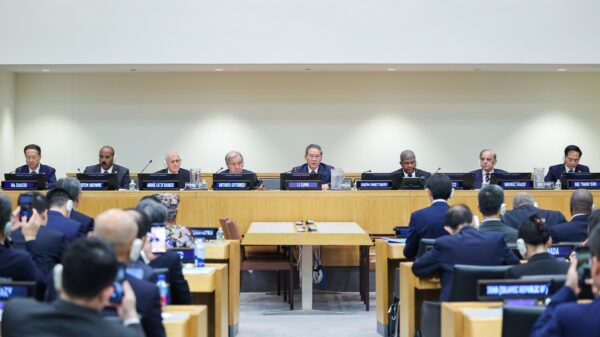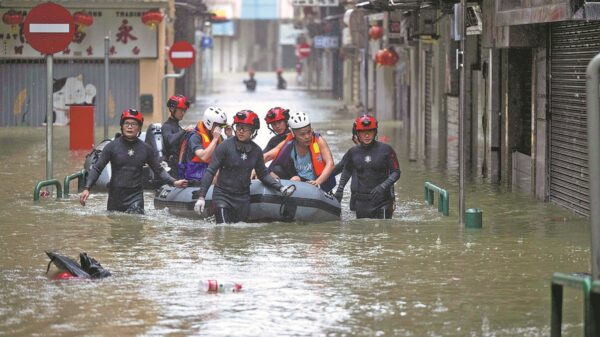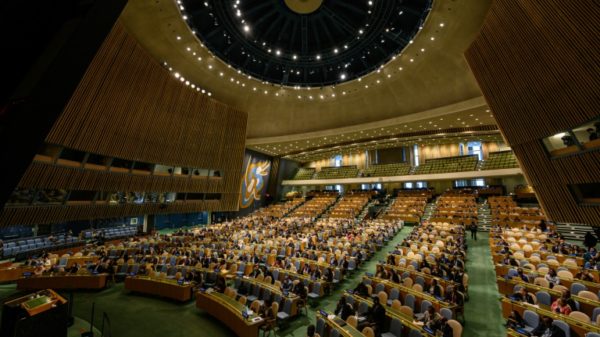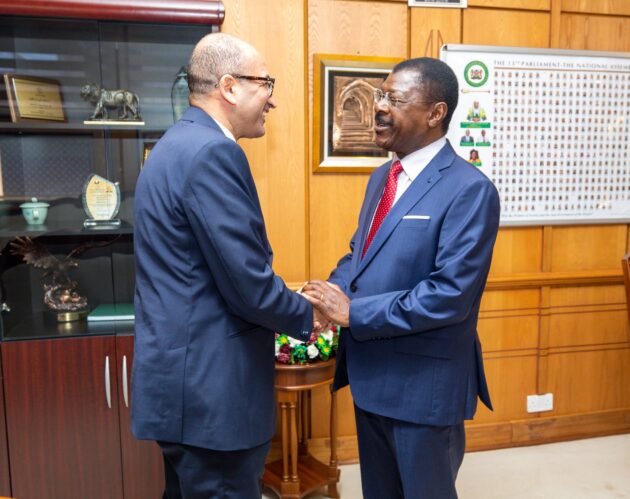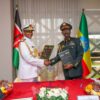NAIROBI, Kenya, Sep 24 — National Assembly Speaker Moses Wetangula has urged Egypt to embrace inclusive dialogue in resolving its decades-long dispute with Ethiopia over the use of Nile waters, following the construction of the Grand Ethiopian Renaissance Dam (GERD).
Speaking on Wednesday after meeting Egypt’s envoy, Ambassador Hatem Yousri Hosni, Wetangula stressed that lasting peace can only be achieved through consensus, mutual respect, and the involvement of all stakeholders.
“We have no problem with you, Egypt, nor with our neighbours in Ethiopia. In fact, we are beneficiaries of the Renaissance Dam since we import electricity from them,” Wetangula said.
“If you, Egypt, have any concerns about the Nile, do not focus solely on Ethiopia. Call everyone to the table, and together we can help resolve the issues.”
The Speaker emphasized that water, as a shared resource, should unite rather than divide nations, warning that unilateral actions could heighten tensions in the Horn of Africa.
Egypt has long expressed concern that Ethiopia’s dam, built on the Blue Nile, will diminish water flow downstream, threatening its agriculture and domestic supply.
Ethiopia, however, insists the GERD is critical for its energy security and economic growth, while Sudan remains caught between the two regional powers.
Ambassador Hosni argued that the project contravenes international law, saying Egypt has consistently sought a binding treaty to safeguard its rights and ensure equitable use of the Nile, but Ethiopia has failed to commit.
“In Washington, for instance, we were ready to sign a treaty after lengthy negotiations during President Donald Trump’s first administration. At the very last moment, Ethiopia failed to show up. They were simply buying time to complete the dam,” Hosni said.
He also expressed disappointment that Kenya attended the high-level launch of the dam, noting that no other Nile Basin country was represented.
“We were frustrated that Kenya was present. Djibouti and Somalia are not part of the Basin,” he said, though he emphasized that Egypt continues to regard Kenya as a trusted partner.
Hosni underlined that Egypt’s dispute with Ethiopia is not about electricity generation but about water security, insisting on a binding trilateral agreement with Ethiopia and Sudan.
Wetangula reiterated Kenya’s position that African nations should resolve their challenges within continental frameworks such as the African Union.
“While in Ethiopia, my President emphasized the need for a bilateral or trilateral agreement between Egypt, Sudan, and Ethiopia, one that is anchored in international law. When he returns from New York, I will advise him to engage Egypt and other Basin countries so we can come together,” Wetangula said, adding that Africa must avoid new conflicts by pursuing peaceful solutions.
Ambassador Hosni described the Nile as “an existential part of our life,” urging cooperation rather than confrontation.
He noted that Egypt is ready to deepen cooperation with Kenya in energy, healthcare, housing, and investment.
Wetangula highlighted Kenya’s contribution to the Nile through Lake Victoria and reaffirmed Nairobi’s readiness to mediate.
He also called for strengthening bilateral ties with Egypt beyond water diplomacy, pointing to opportunities in trade and parliamentary exchanges.
“A peaceful and cooperative approach to the Nile issue will not only safeguard livelihoods but also serve as a model for resolving resource-based disputes across Africa,” he said.

